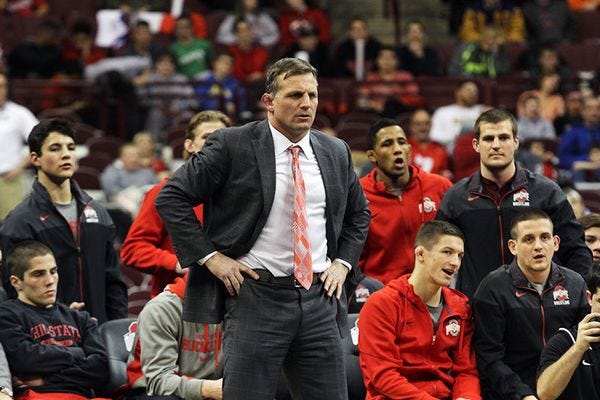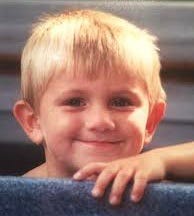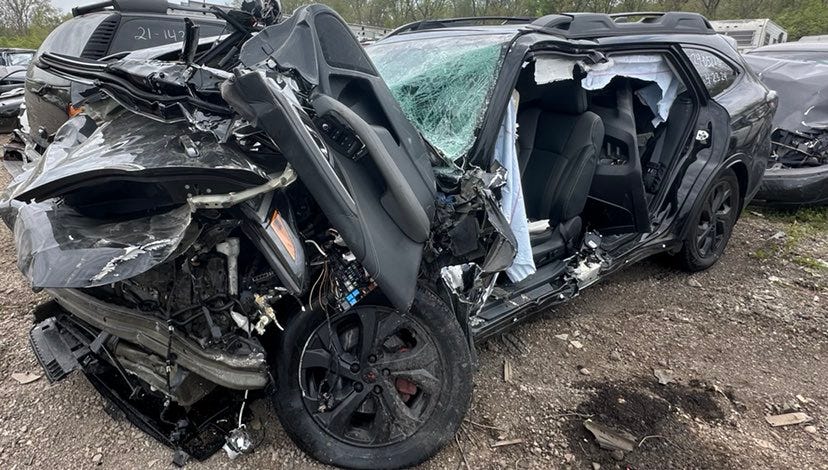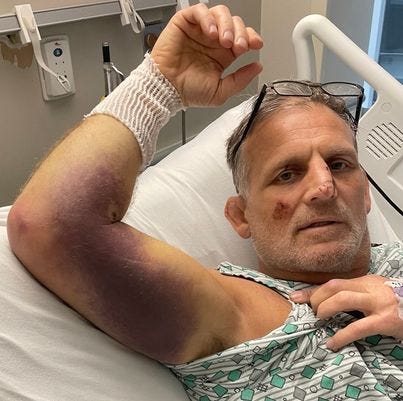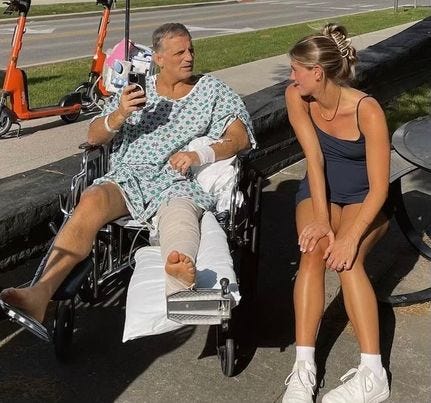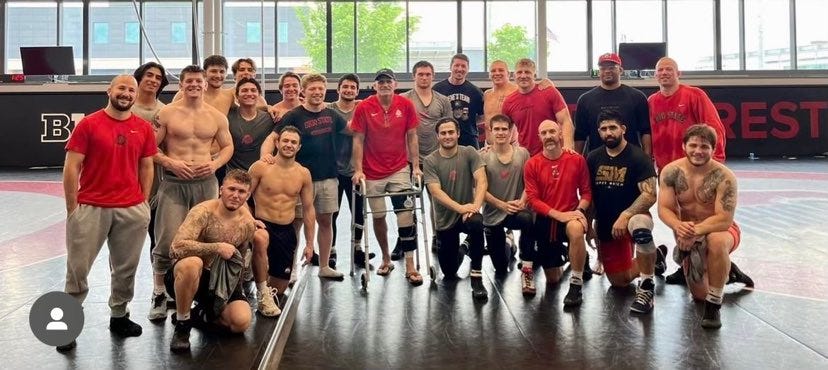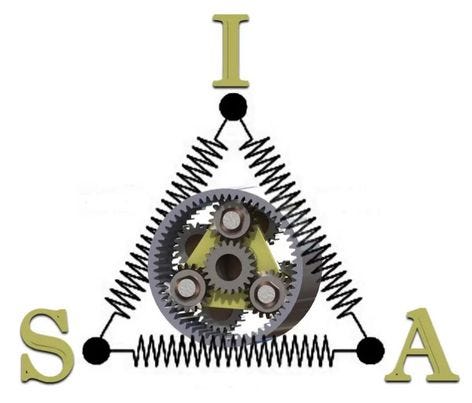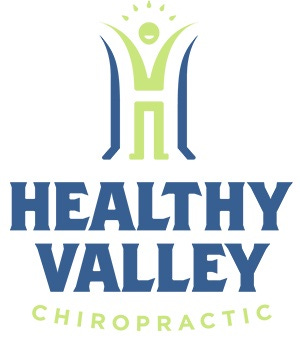Tom Ryan: Recovering, Again
Twenty years ago, the Buckeyes' wrestling coach and his family endured unspeakable tragedy. Today, Ryan is gleaning new lessons from his latest trial.
One month ago, Tom Ryan was struggling.
Hospitalized, unable to sleep and fighting a perceptible, encroaching despair, Ryan knew he’d been here before. The details were different. In an obvious sense, the details were starkly different. But, there were similarities. Dark nights of the soul, no matter the cause, are bound by common cords.
On February 16, 2004, tragedy struck the Ohio State wrestling coach and his family.
It was President’s Day. Ryan remembers. Hoping to give his wife, Lyn, a break and some time for herself, Ryan, coaching at Hofstra at the time, brought his four kids - Jordan (11), Jake (9), Teague (5) and Mackie (3) - to practice that day. A room with mats and padded walls seemed the perfect spot for four, energetic kids.
On his drive home, Ryan remembers a moment.
A glance in the rear view mirror of his SUV provided a view of his children in their seats. Specifically, he remembers five year-old Teague sleeping, his head leaning and nestled on his older brother Jake’s shoulder. Jake didn’t mind.
“I remember thinking how good I had it,” he said. “I had a job I loved, four healthy kids and we’d just had a great day together.”
Immediately after dinner, Teague had a heart attack.
Two frantic, chaos-filled hours later, one of the doctors attempting to resuscitate Teague walked down the corridor to meet with the Ryans. Ryan remembers that, too. He noticed the doctor avoided eye contact as he approached them.
He apologized. They’d tried all they could.
“The worst moment was the obvious, finding out we’d lost our son,” Ryan said. “A close second was arriving home. Jordan, Jake and Mack ran out to us when we pulled in the driveway. Jake asked, ‘Where’s Teague?’”
His nine year-old’s plea shredded Ryan.
“I couldn’t answer him,” he said. “I didn’t know how. I just remember getting into the house and being on the floor with them, crying.”
***
Two years later, Ryan was tabbed as the Buckeyes’ new coach. By then, he’d scoured possibilities in his search to make sense of his son’s death. Ultimately, it was the faith of relatives, friends and writers who facilitated something in Ryan that began to resemble peace.
“There were a lot of people and books that helped,” Ryan said. “I was lost. I wanted to know where my son was, what life was all about, why we’re here. I hungered for truth.”
He cited Lee Strobel’s book, A Case for Christ, as instrumental. For Ryan, Strobel’s case made sense. Among others, he found Christianity’s lessons on human suffering to be pivotal.
“Fulton Sheen wrote that one of the most tragic things in life is wasted suffering,” he said. “That if we don’t draw from our sufferings, there’s wasted opportunity. If suffering was necessary to save all of us - if everything that Christ had to endure is what saved us - that points at something. That must mean something about suffering.”
For the last five weeks, Ryan has forced himself to remember that.
***
On the morning of April 23, Ryan’s Subaru sedan hit the back of a tractor-trailer stalled in the right lane of I-270 in Columbus. After first responders cut him out of the car, he was transported to the trauma unit of the Wexner Medical Center at Ohio State.
At 65 miles an hour, Ryan had struck the back of the parked semi, his car accordioned into a mass of twisted wreckage. Impact rendered him unconscious.
“I remember the sound of steel bending,” Ryan said. “They were cutting the door to get me out. I think that’s what woke me up. I asked the first responder, ‘What happened? Where am I?’”
Head lacerations and facial burns from deployed airbags were the least of Ryan’s concerns.
“I remember telling the guy that the pain was extreme. I knew something was wrong with my leg,” he said.
Ryan’s left femur and tibia were broken in two places, his kneecap shattered. His right bicep tendon and left rotator cuff were torn, too.
“I was told that the steel that came through the car was a hair-follicle’s width from hitting an artery that would have bled me out before help arrived,” he said. “There’s much to be grateful for.”
Though attempting gratitude - realizing how close he’d brushed with death - the surgeries, skin grafts, and narcotic pain relievers took their toll on Ryan’s spirit and psyche.
“I’ve never used an illegal drug in my life,” he said. “The pain medications and the overall trauma to my body, I think all of it helped bring my mind to bad places, dark places.”
After a stay in the ICU for a week, Room 982 of the Wexner Medical Center became both crucible and classroom. Alone with his thoughts, Ryan forced himself to count his blessings, to think of those in the world who’d love to be in a bed, who’d welcome hospital food. He had his nurses remove the clock on his wall, its slowness mocking his plight.
None of it worked.
“There was an internal battle,” he said. “I wasn’t doing well. You start to evaluate life. I asked myself, ‘Why are you so weak?’ I was forced to lay on my back for 12 days, and I was breaking by day three. I couldn’t find peace. There’s no way I could have predicted my mental state would have been so fragile. I’d lost a child; I’d already been through the worst. And thinking that would send me down a deeper hole.
“This was the second toughest unchosen suffering I’ve ever had to deal with. But, I was weaker in that hospital bed than when I lost Teague. I was physically healthy then. With Teague, I knew I had to respond for my family. My wife needed me. My kids were so young. They needed me. I’m not saying I was super strong going through Teague’s death. I wasn’t. It’s just that there was so much grief, and I knew I had to be there for my wife, my kids, the grandparents. It’s hard to explain.”
***
Completely dependent and incapacitated, Ryan found himself in waters he’d never navigated, forced to take an honest, soul-searching inventory.
“You know, every time before Jesus did something big, he went away to be by himself,” he said. “He went off alone. I wasn’t doing well with being alone, and I had to examine why that was the case. It also forced me to answer: Do I really walk with Christ in the desert when he calls? The desert moments?
“I failed at that. I know that now. I failed. I wasn't good at being alone with him.”
Ryan says it took his youngest child, daughter Mackie, for him to scrutinize his priorities.
“It took four days in the hospital until I was really aware,” he said. “Mack said, ‘Dad, I have your phone. You have 1,800 text messages.’
“What was interesting to her was ‘Yeah, you have lots of friends, all these messages, but how many deep relationships do you have?’ It was almost like she was asking, ‘Have you ever had a day when you weren’t on your phone constantly, always talking with someone? Is there ever any peace in your life?’ It opened her eyes to my life. I wasn’t used to silence. I wasn’t used to quiet. Maybe I didn’t allow it.”
***
The rays of a first, hopeful dawn shone for Ryan when he was discharged early this month. Despite months of scheduled rehab and physical therapy, he’s tasked himself with remaining optimistic.
“The dark phase is behind me,” he said. “I have to accept some of those moments might return; my life has been completely disrupted. All of the good disciplines I enjoy have been taken from me for now. But, the worst is behind me.”
He referenced a favorite book, Good to Great, in which author Jim Collins narrated the story of POWs who didn’t make it home.
“Often it was because they thought they were getting out next week, or the week after, and when those days came and went, it broke them,” Ryan said. “They died of broken hearts. I need to have a healthy combination of optimism and realism.
“I don’t know when I’m going to walk again. I know I will, but I don’t know the date that will happen. I don’t know when I'm going to bike again. I know I will, but I can’t put timelines or dates on it. If those dates come and pass and I'm not where I thought I should be, that can become a bad place all over again. I’ve gotta be careful. I want to be walking by the first practice of the season. If I'm not, it’s okay. It’s not written in blood. It’s a goal.
“And, I hope I can wrestle with the guys again; wrestling with them is one of the ways this sport helps build bonds, trading grit and sweat, sparring together. I want that back. I don’t know if I’ll ever get it, but I want it.”
Until then, Ryan plans on drawing water from the deep well of lessons placed into his life, once again.
“What are those lessons?” I asked.
“Keeping in mind, constantly, how blessed I am,” he said. “My wife, Lyn, she’s been a rock star. She’s taken care of me through all this. So much good has been poured into my life: Jordan, Jake, Teague and Mack, my grandkids, my parents, my staff, my team, the whole Ohio State community. I’m blessed that my accident was eight miles away from one of the best trauma centers in the nation, with two of the most outstanding orthopedic and plastic surgeons, Dr. Angela Collins and Dr. David Nash. I can’t begin to explain how brilliant, but also how compassionate they were. Every nurse at Wexner cared for me as if I was part of their family.
“And, I need to slow down. I can’t be uncomfortable sitting quietly with Christ. I already knew solitude and silence were important. I didn’t allow any. I need to care more. Care is such an overused word, but the action of care is pouring into another. I need to do that more for my family, my friends, my student athletes when they’re injured. It’s not that I didn’t, but too often I probably fell into the trap of looking at the surgery date of my injured athletes, the rehab dates, the dates they can return. Maybe I didn't ask enough how they were doing, beyond the injury. Athletes are really low when they aren’t able to contribute, the pain of not progressing. Maybe I need to ask them more not just about how their injury is coming along, but how are they? How are their minds doing?
“Just sitting with others who are suffering, maybe in silence, maybe not having any answers. Just being there for those who are in pain.
“And remembering to be grateful for all that’s been given to me.”
Follow Nick on X (formerly Twitter) @nickcorey167
Sponsors:
Industrial Solutions Authority: www.isaelectric.com
Jennings Sports Park: www.jenningssportspark.com
CSK Electric: www.cskelectric.com
Healthy Valley Chiropractic: www.healthyvalleychiropractic.com


